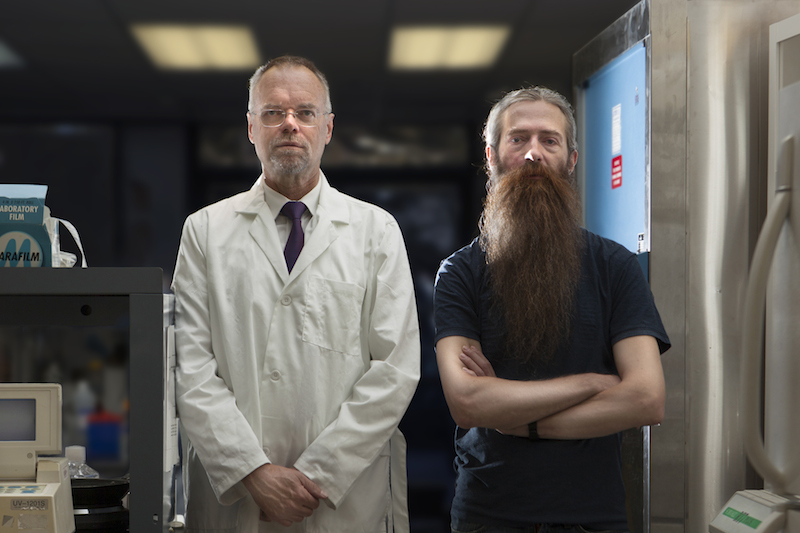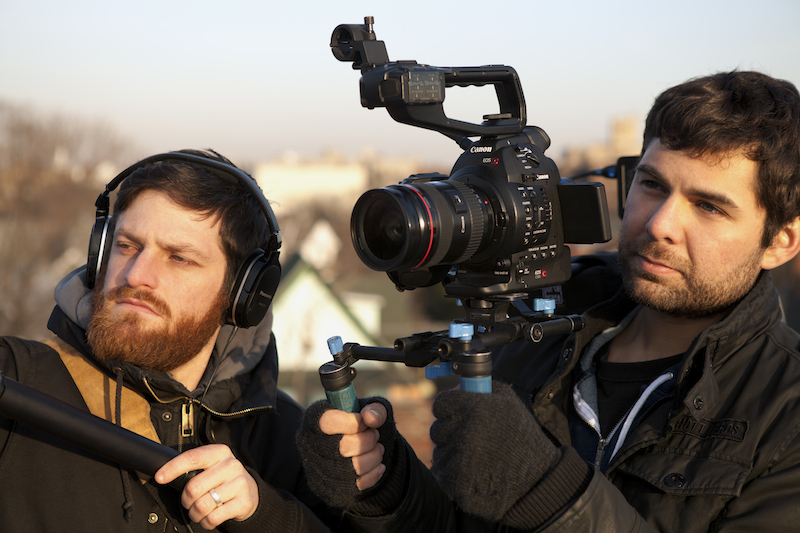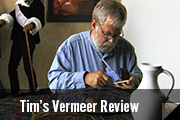The Immortalists Review
The quest for eternal life has sent men on epic adventures, searching for mythical fountains, drinking from all sorts of Holy Grails, and doing all sorts of questionable things with parts of rare animals. All of these attempts have ended in failure. Could the secret be hidden within us, within the human cell? And if it is, how do we find it?
The Immortalists follows the parallel lives and experiments of Englishman Aubrey De Grey and American Bill Andrews, as they follow their own paths to try to extend human life, and even turn back the clock. Exercise and diet will only get you so far, and they believe science can take you further.
Andrews lays out his theories and experiments clearly and concisely, so that even a complete layman totally understands what he’s talking about. De Grey, unfortunately, doesn’t. He offers little titbits about his theories here and there (something about soil?), but mostly concerns himself with the morality of extending human life, in contrast to Andrews practicality of it. It would have been nice to see more of De Grey’s theories, but it makes sense to cast the two in different roles, one dealing with the methods, the other with the impact.
The problem is, De Grey doesn’t really defend the stance. In a debate with an Oxford scholar who makes several valid points regarding the increased risks of Alzheimer’s, environmental sustainability and population growth, De Grey just doesn’t acknowledge them. He ignores them, which doesn’t score points, something on this scale is going to have a major impact on society and to ignore any potential problems is irresponsible at best, criminal at worst.
Directors David Alvarado and Jason Sussberg do a great job offering conflicting viewpoints on both the science and practicality of what Andrews and De Grey are working on, with problems including funding, social resistance to the idea, and personal issues.
Is it possible to extend human life? Who knows? The doc does not, and cannot, provide answers either way, and it’s ending stands as evidence of the inevitability of death. It’s a fascinating piece of history, with some pacing issues, but one I’d recommend.
The film was shot with a EOS cinema series camera, demonstrating that filmmakers can produce increasingly high quality, film festival level, low budget documentaries and films.
Donal O’Connor









